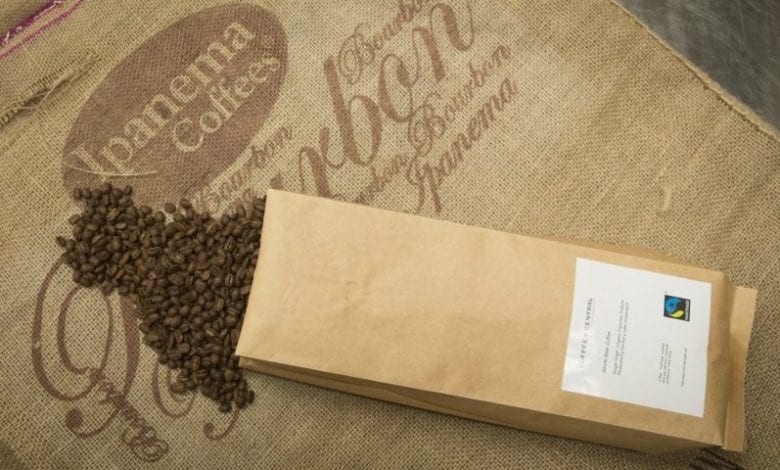What’s so special about specialty coffee?

Take a walk along your nearest high street and alongside the usual suspects, the ubiquitous major coffee chains, you will almost certainly also find a ‘specialty coffee’ shop. Go back to the turn of the millenium and, outside of London, specialty coffee shops were few and far between.

